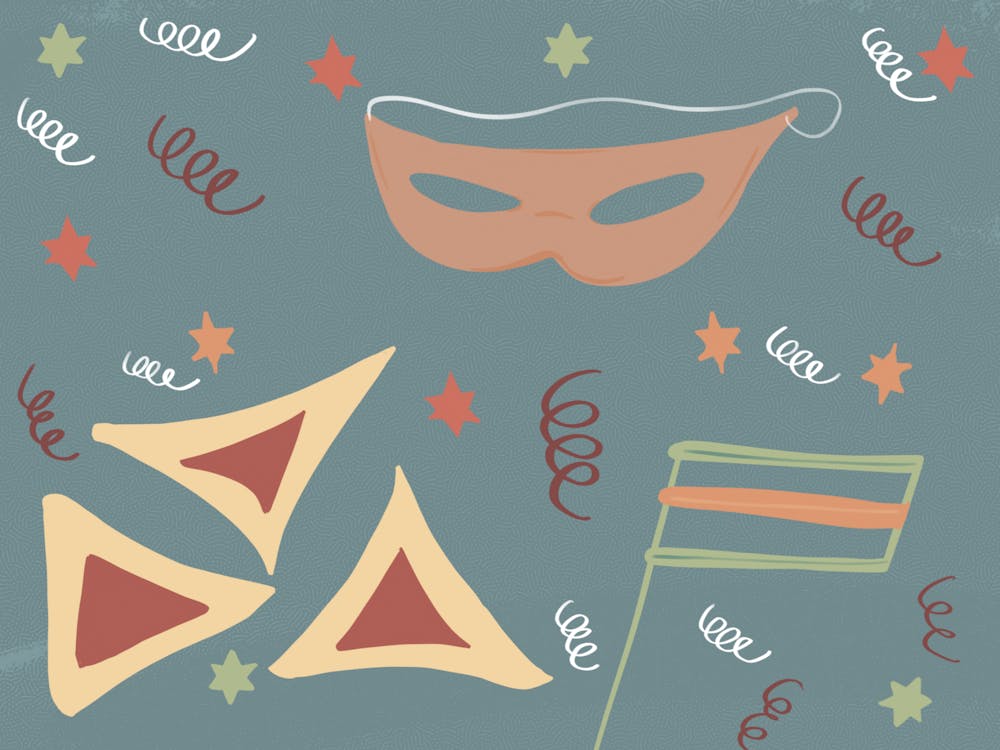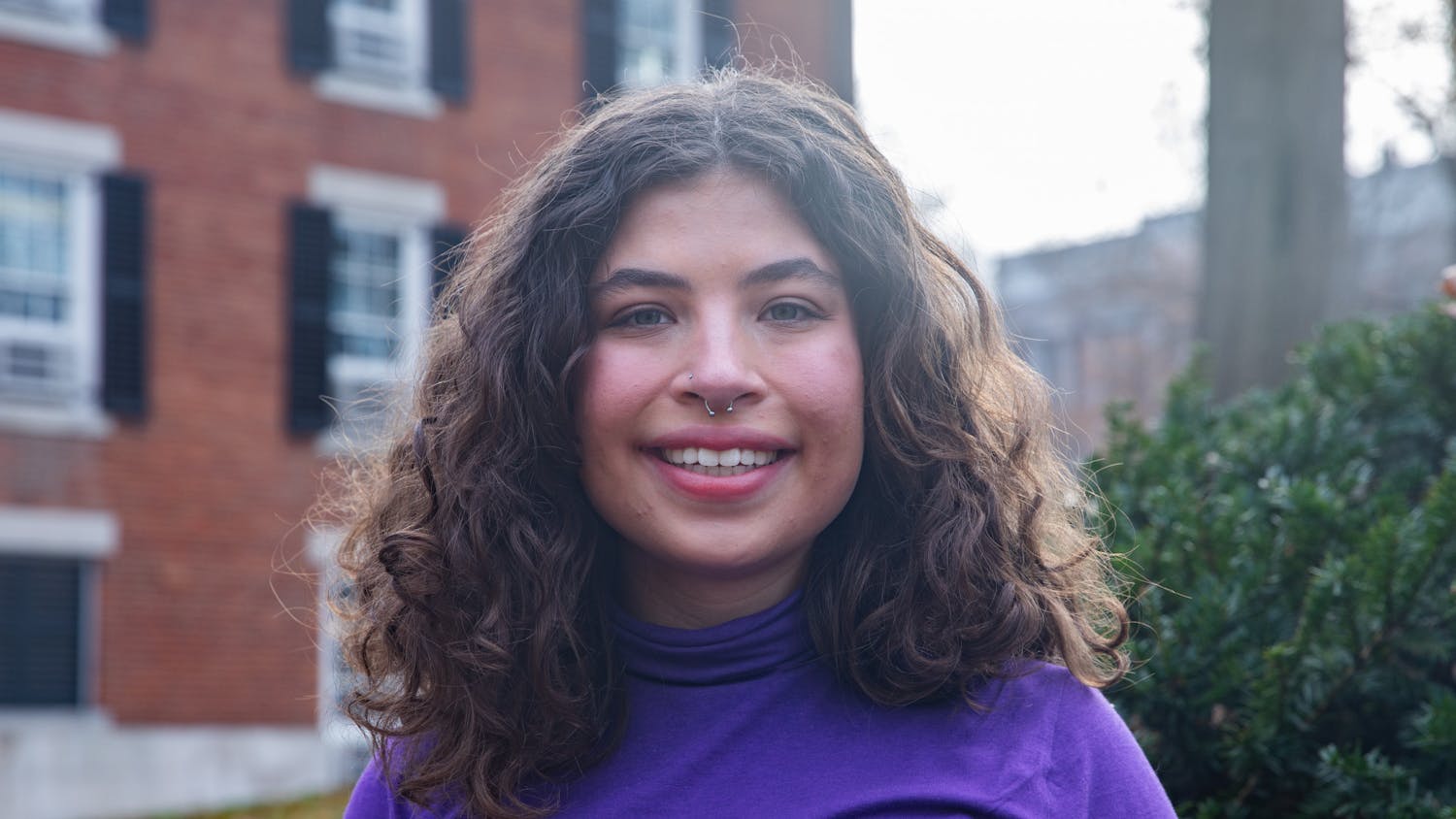At sunset Wednesday, the Jewish holiday Purim, which celebrates the strength and resilience of the Jewish people after a brutal attack on their existence, commenced.
The holiday recognizes the survival of the Jewish people who, in the fifth century B.C.E, were nearly killed in a genocide led by Haman, an adviser to the king of the Persian Empire.
Haman wanted the Jewish people dead because of the rabbi Mordecai’s refusal to bow down to him. In Persia at that time, bowing before the king’s advisers was custom, so Mordecai’s refusal to bow deeply offended Haman. Resentful, Haman wished death upon Mordecai and all of the Jewish people in Persia.
Levi Raichik, the rabbi and director of Chabad Student Center at Ohio University, said Haman’s plot to kill the Jews was stopped by the actions of Esther, the Queen of Persia who, coincidentally, was Jewish.
“Once the Jews were all in danger of being annihilated, (Esther) came out as being Jewish and worked to stop the plot,” Raichik said. “It still entailed a huge battle; the Jews had to fight off their enemies. There was a massive war. The Jews killed 75,000 anti-Semites. And then the next day, they declared a holiday of Purim.”
While Purim has been celebrated for centuries, Raichik said it takes on particular significance this year amid Russia’s war on Ukraine, drawing similarities to past conflicts.
“The main interesting thing is that (President of Ukraine Volodymyr) Zelenskyy is Jewish,” Raichik said. “He was not as open about it … but once things became dangerous, he started talking much more openly about being Jewish and calling on Jews around the world to help and also calling on the state of Israel to help in the struggle as well. So, that's an interesting thing, the parallels between Zelenskyy … and Queen Esther of Persia.”
The significance of these parallels, Raichik said, is that they emphasize the resilience and continued perseverance of the Jewish people during times of distress. However, despite the heavy nature of the event the holiday commemorates, Purim itself is a joyous and celebratory occasion. It often involves gift exchanges, known as "mishloach manot" in Hebrew, dressing up in costumes and having a feast among friends.
Alexa Gudelman, a sophomore studying environmental biology, said the whimsical and nostalgic aspect of the holiday makes it an enjoyable and memorable event.
“Growing up, it was a super fun thing for my community and my family to get involved with because there would always be a service at my temple, and then we'd have a big carnival party,” Gudelman said. “It was always something that I could look back on and remember as a positive thing.”
Rebecca Lee, a junior studying nutrition, went to a private Jewish school while growing up. During that time, Lee said it was exciting to take part in the celebrations as a young child and hold onto those memories as she has gotten older.
“Purim is important to me, mostly because of the community aspect,” Lee said. “And being with my family, and how I was raised and how Judaism was a part of my life ever since I was really young.”
At Chabad, the celebration Thursday includes a reading of the story of Purim from “The Book of Esther," known as Megillah in Hebrew, a feast and offering gifts of food to friends. Raichik said the celebration is particularly entertaining for Jewish students in college.
“Here in college, the main emphasis is on the feast part of it,” Raichik said. “We have a big massive party, (which is) the highlight of the year for the Jewish students at OU.”
For the celebration Thursday, Lee is excited to experience the holiday from a new perspective and celebrate among close friends at OU.
“I'm looking forward to reminiscing on how I used to celebrate when I was a kid, but as an adult,” Lee said. “When I was younger, I didn't really understand the meaning behind the celebrations. I'm excited to hang out with my friends and be more in touch with my Jewish roots.”




